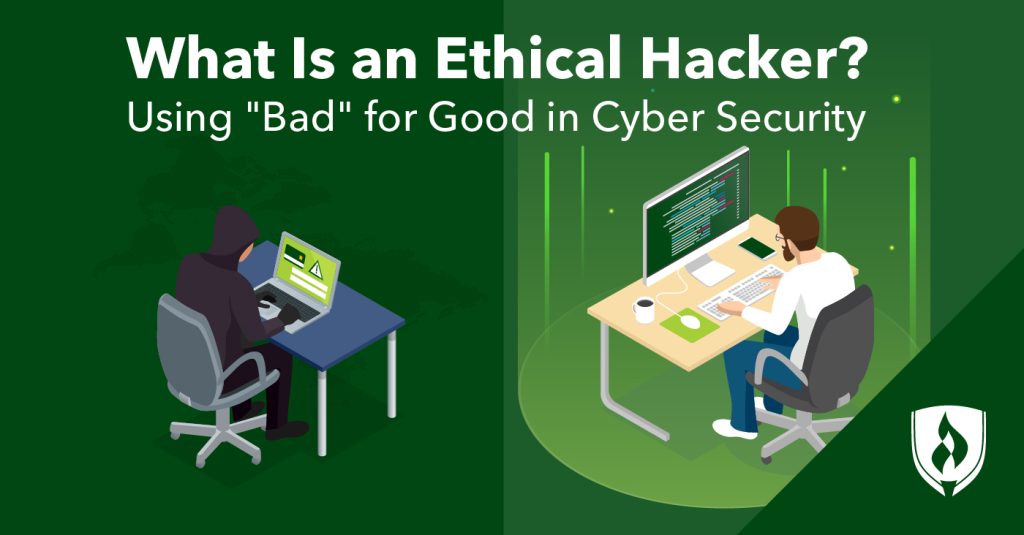In today’s rapidly evolving digital landscape, cybersecurity has become one of the most crucial aspects of both personal and organizational operations. With the increasing threats posed by cybercriminals, ethical hacking has emerged as a vital practice to ensure that systems are safe and secure from malicious attacks. Ethical hacking, often referred to as penetration testing or white-hat hacking, is the practice of intentionally probing a system to identify its vulnerabilities before cybercriminals can exploit them. This proactive approach plays a key role in preventing data breaches, theft, and other forms of cyberattacks. The Ethical Hacking Course is designed to equip individuals with the necessary skills and knowledge to conduct such security assessments, providing an invaluable tool set for building robust and secure systems. The journey from hacking to protection begins with understanding the basic principles of ethical hacking. Ethical hackers, unlike their malicious counterparts, work under the authorization of the organization they are testing, aiming to uncover weaknesses that might otherwise go unnoticed. The primary goal is to strengthen security measures and prevent potential breaches.

A corso ethical hacking typically covers a wide range of topics that help participants understand various hacking techniques, tools, and methodologies. Students learn about network security, application security, web vulnerabilities, and systems analysis, along with how to use ethical hacking tools to detect and mitigate potential risks. One of the core aspects of ethical hacking understands different types of cyber threats. From phishing attacks to advanced persistent threats APTs, ethical hackers must be aware of the various tactics used by cybercriminals to infiltrate systems. Through hands-on experience and practical training, students gain the expertise needed to simulate attacks and identify weaknesses in firewalls, networks, servers, and other components of an IT infrastructure. The ethical hacking course typically involves practical exercises that teach participants how to ethically hack into systems, find vulnerabilities, and use defensive strategies to thwart potential attacks. Learning these skills empowers individuals to assess the security posture of both simple and complex systems. A significant portion of ethical hacking involves penetration testing. Penetration testing simulates an attack on a network, application, or system to evaluate its security defenses.
Moreover, the course emphasizes the importance of building secure systems from the ground up. Students learn about best practices in system design, secure coding, and how to patch vulnerabilities. The ethical hacking course also explores legal and ethical considerations in hacking, ensuring that students understand the boundaries between ethical and illegal hacking practices. By the end of the course, participants have the tools, knowledge, and ethical framework needed to safeguard systems, detect potential threats, and ensure the integrity of data. Ethical Hacking Course is a critical stepping stone for anyone looking to become proficient in cybersecurity. It equips individuals with the skills needed to protect systems, identify vulnerabilities, and understand the techniques used by hackers. As the demand for skilled cybersecurity professionals continues to grow, ethical hacking has emerged as an essential skill for building secure, resilient systems. Whether you are a security enthusiast, a network administrator, or a professional looking to switch careers, ethical hacking is a valuable and rewarding path that opens the door to a world of opportunities in cybersecurity.